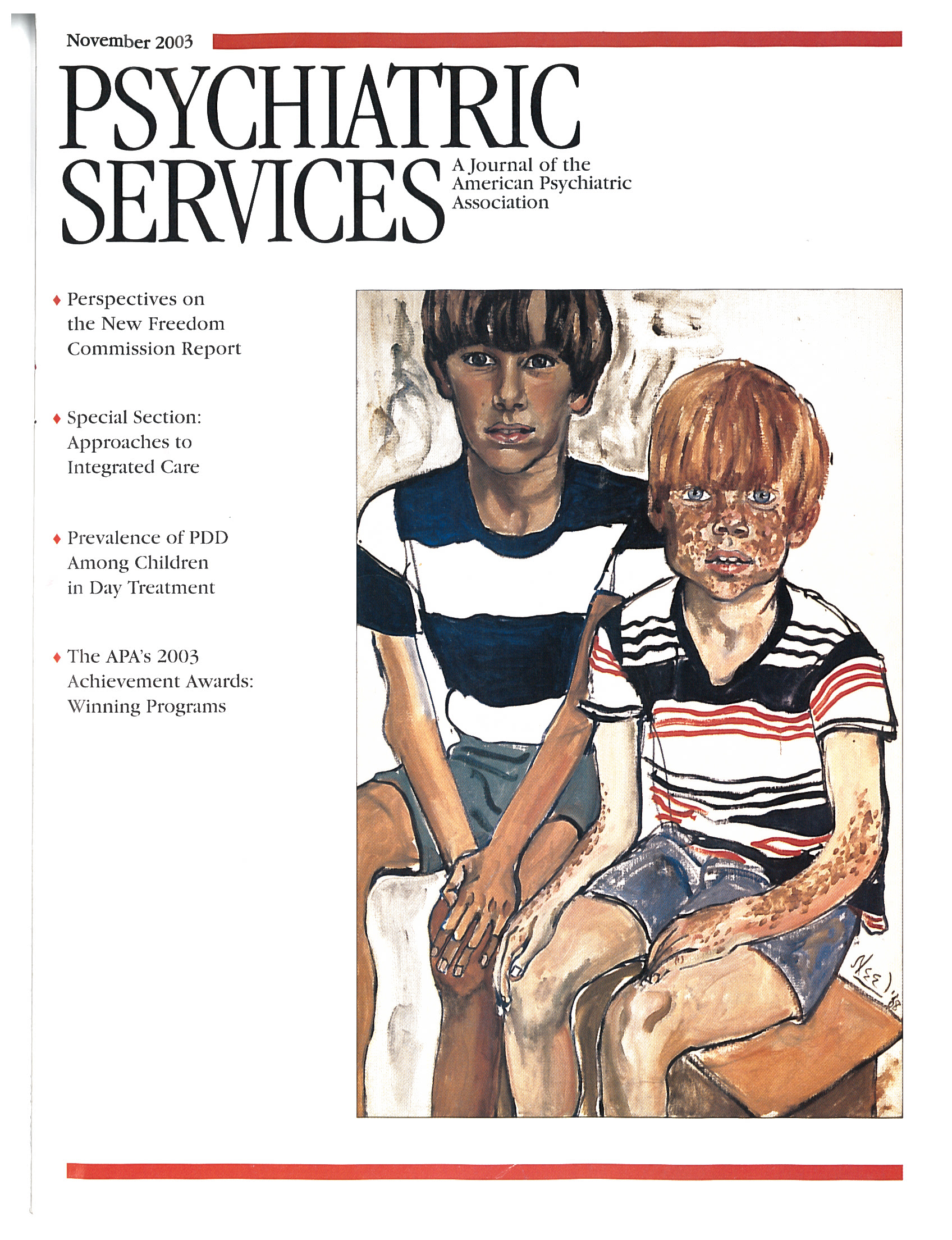Dosages and Outcomes
In Reply: Monitoring the quality of care for persons with severe mental illness provides a foundation for promoting evidence-based treatment and for improving outcomes. In psychiatry, evidence-based guidelines have been developed to guide treatment decisions and have been used to develop objective measures for ongoing evaluation of treatment patterns (1). Characteristics of the patient, the physician, and the institution are associated with variation in clinicians' adherence to guidelines (2,3). It will be important to continue to explore the implications of these patterns for outcomes in routine settings.
However, as Dr. Young points out, these guidelines have significant limitations when applied to individual patients in the absence of extensive clinical contextual information. Clearly, specific recommendations in guidelines are not appropriate for all patients, all outcomes, or all settings (4). Perhaps it is useful to distinguish two limitations, because they may have somewhat different implications. The first is the familiar reminder that doctors treat patients, not symptoms. Important as symptom reduction may be, patients, families, and institutions are often pursuing multiple, not always compatible, goals. The clinician must cultivate relationships that make it possible to consider competing goals.
The second limitation is an equally familiar warning that the average treatment effect determined from comparisons between two patient groups, as in traditional clinical trials, is not necessarily the effect one should expect for any individual patient. Clinicians are responsible for determining when and how to deviate from recommendations, which commonly are based on reports of average treatment effects.
We strongly agree with Dr. Young that including key indicators of outcomes strengthens research on evidence-based practices. We also believe that this work would benefit from simultaneous monitoring of many treatment and service domains, such as prescribing patterns, psychosocial rehabilitation, and housing. Furthermore, to evaluate deviations from guidelines it may be important to consider previous treatment course and response to past treatments, the number of past medication trials and dosages, and information about the current treatment plan, such as whether the clinician is actively titrating dosages upward or downward. Improving the quality of care will require careful consideration of many aspects of care, including implementing accepted treatment guidelines, monitoring their use, carefully documenting treatment decisions, and continuously evaluating relevant patient outcomes.
1. Lehman AF, Steinwachs DM: Translating research into practice: the Schizophrenia Patient Outcomes Research Team (PORT) treatment recommendations. Schizophrenia Bulletin 24:1–10, 1998Crossref, Medline, Google Scholar
2. Lehman AF, Steinwachs DM: Patterns of usual care for schizophrenia: initial results from the Schizophrenia Patient Outcomes Research Team (PORT) client survey. Schizophrenia Bulletin 24:11–20, 1998Crossref, Medline, Google Scholar
3. Leslie DL, Rosenheck RA: Use of pharmacy data to assess quality of pharmacotherapy for schizophrenia in a national health care system: individual and facility predictors. Medical Care 39:923–933, 2001Crossref, Medline, Google Scholar
4. Drake RE, Goldman HH, Leff HS, et al: Implementing evidence-based practice in routine mental health service settings. Psychiatric Services 52:179–182, 2001Link, Google Scholar



